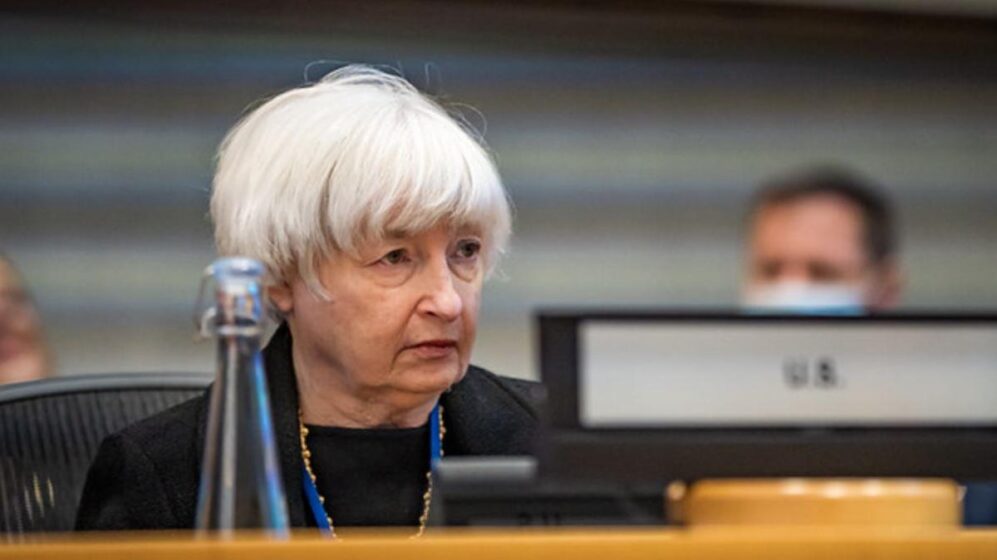
President Joe Biden has actually unveiled a three-part plan to eliminate inflation– or at least make people believe he is fighting inflation. One part of the strategy includes having government firms “repair” the supply chain issues that have led to lacks of numerous items. Of course, any effort by the government to solve the supply chain problems (which were triggered by prior federal government interventions such as closing down the economy for over a year) will not just fail to resolve the supply lacks however will develop new problems.
Deficit reduction is another part of Biden’s anti-inflation strategy. Nevertheless, Biden is not proposing cutting welfare or warfare costs. Instead, his deficit reduction plan consists of “tax reforms to increase income,” which is DC-speak for tax boosts. History shows that tax increases unaccompanied by spending cuts end up increasing the deficit.
The last and crucial part of Biden’s inflation plan is recognizing that the Federal Reserve “has the primary duty to manage inflation.” President Biden has vowed to “respect the Fed’s self-reliance,” unlike former President Trump, who Biden implicated of “demeaning the Fed” by subjecting the central bank to imply Tweets.
It is hard to believe that someone who has remained in DC as long as Joe Biden really believes Donald Trump was the first President to attempt to influence the Fed’s conduct of monetary policy. Since the Fed’s creation, Presidents have actually used public and personal pressure to “persuade” the Fed to tailor monetary policy to advance their policy and political goals. When it concerns “demeaning” the Fed, Trump has nothing on Lyndon Johnson, who, annoyed over the Fed’s rejection to customize monetary policy to finance the Great Society and Vietnam war, threw the Fed chairman against a wall.
By “passing the dollar” on inflation, Biden no doubt hopes to deflect blame from himself and his party before the midterm elections. Unlike Biden’s previous inflation scapegoats– greedy corporations and Vladimir Putin– the Fed in fact is responsible for producing and managing inflation.
Cost boosts in particular sectors of the economy might be caused by a variety of elements, but economy-wide cost increases are always the outcome of the Federal Reserve’s simple cash policies. Inflation is really the act of money-creation by the central bank. Widespread cost increases are a symptom, not a cause, of inflation.
Federal Reserve Chairman Jerome Powell remains committed to more rate boosts this year. Nevertheless, even if the Fed follows through on all its forecasted rate increases, rates will still be at historical lows. While there are those on the Fed board who desire more and larger rate boosts, others stress that going too far too fast in increasing rates will trigger an economic downturn. Currently lots of economists are stating America should be prepared for increase in joblessness brought on by the Fed’s efforts to beat inflation. This “tradeoff” between high costs and high unemployment illustrates the insanity of our monetary policy.
Treasury Secretary and previous Fed Chair Janet Yellen and Chairman Powell have actually both admitted they were wrong to openly dismiss inflation as “transitory.” The truth that the two latest Fed chairs made such a huge mistake (or deliberately declined to confess what was clear to lots of people for over a year), shows the folly of relying on a deceptive central bank to manage monetary policy. Instead of “appreciating the Fed’s self-reliance,” President Biden must work with Congress to audit, then end the Fed.

